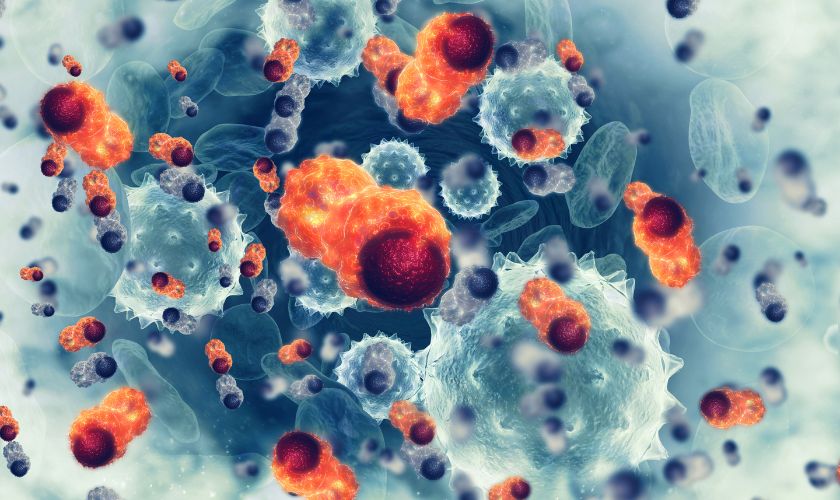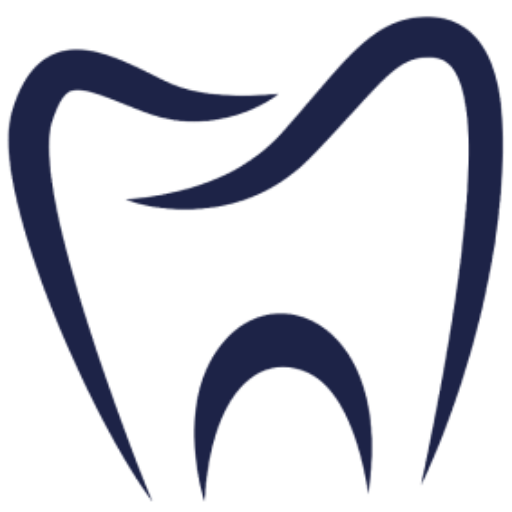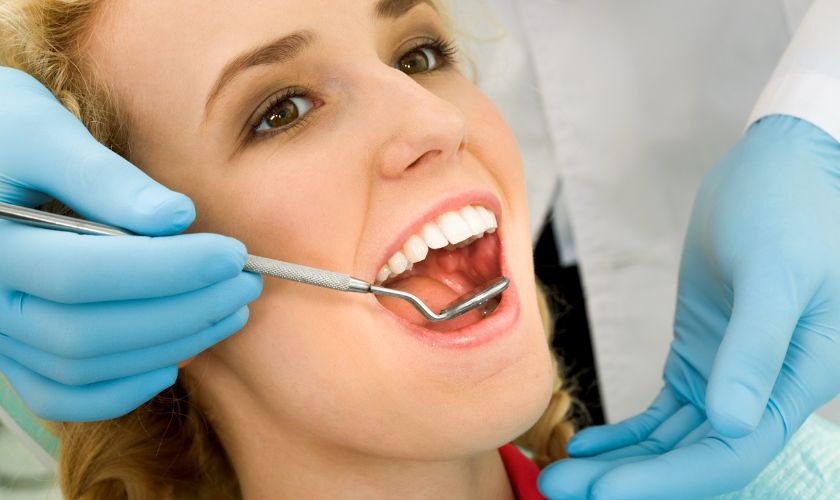What is the main cause of oral cancer?

What is the main cause of oral cancer?
Oral cancer, a debilitating disease affecting thousands annually, remains a significant health concern worldwide. While advancements in medical science have illuminated various aspects of this condition, the quest to pinpoint its primary cause persists. Understanding the root cause of oral cancer is crucial for prevention, early detection, and effective treatment. In this exploration, we delve into the multifaceted nature of oral cancer etiology, shedding light on its complexities and the pivotal role of preventive measures.
The Enigmatic Nature of Oral Cancer
Oral cancer encompasses malignancies that manifest in the lips, tongue, cheeks, floor of the mouth, hard and soft palate, sinuses, and throat. Despite considerable progress in medical research, the exact cause of oral cancer remains elusive. However, several factors have been identified as potential contributors to its development, ranging from lifestyle choices to genetic predispositions.
Tobacco: A Major Culprit
Among the myriad of risk factors associated with oral cancer, tobacco use stands out as a predominant contributor. Whether smoked or chewed, tobacco products introduce harmful chemicals into the oral cavity, wreaking havoc on the delicate tissues therein. The carcinogens present in tobacco not only initiate genetic mutations but also impair the body’s defense mechanisms, paving the way for cancerous growth.
Alcohol Consumption: An Amplifying Agent
Alcohol consumption, particularly in conjunction with tobacco use, significantly amplifies the risk of developing oral cancer. The synergistic effect of alcohol and tobacco compounds the damage inflicted on oral tissues, accelerating the progression of precancerous lesions into full-fledged malignancies. Excessive alcohol consumption leads to cellular damage and compromises the immune system’s ability to combat abnormal cell growth, creating an environment conducive to cancer development.
Human Papillomavirus (HPV): A Viral Villain
In recent years, the role of human papillomavirus (HPV) in oral cancer has garnered considerable attention. Certain strains of HPV, notably HPV-16, have been implicated in the pathogenesis of oral squamous cell carcinoma, a common form of oral cancer. HPV-mediated carcinogenesis occurs through the inactivation of tumor-suppressor genes and the dysregulation of cellular proliferation, underscoring the intricate interplay between viral infections and cancer development.
Poor Oral Hygiene: A Neglected Nexus
The significance of oral hygiene in oral cancer prevention cannot be overstated. Neglecting oral hygiene practices such as regular brushing, flossing, and dental check-ups creates a favorable environment for carcinogenic agents to thrive. Accumulation of plaque, bacteria, and other debris not only leads to periodontal disease but also increases the risk of oral cancer. Regular visits to a dentist in Lawrence for professional cleanings and oral examinations are indispensable for early detection and intervention.
Dietary Factors: Nourishment or Nemeses?
The role of diet in oral cancer etiology is a subject of ongoing research. While certain dietary components such as fruits and vegetables rich in antioxidants are believed to confer protective effects against cancer, others may predispose individuals to the disease. High consumption of processed foods laden with preservatives, as well as diets deficient in essential nutrients, may compromise the body’s ability to fend off cancerous growths. Adopting a balanced diet replete with nutrients is essential for bolstering the body’s natural defenses against oral cancer.
Genetic Susceptibility: Unraveling the Genetic Gambit
Genetic predisposition plays a pivotal role in determining an individual’s susceptibility to oral cancer. Inherited genetic mutations may confer heightened vulnerability to the carcinogenic effects of environmental factors such as tobacco and alcohol. Understanding the genetic underpinnings of oral cancer not only facilitates risk assessment but also informs personalized treatment strategies aimed at mitigating disease progression.
Conclusion: Navigating the Complex Terrain of Oral Cancer
In conclusion, oral cancer is a multifaceted disease with a myriad of contributing factors. While tobacco use, alcohol consumption, HPV infection, poor oral hygiene, dietary habits, and genetic predisposition are among the primary culprits, the interplay between these factors underscores the complexity of oral cancer etiology. Prevention remains the cornerstone of combating this disease, emphasizing the importance of lifestyle modifications, regular dental screenings, and early intervention. By addressing the root causes of oral cancer and embracing holistic approaches to oral health, we can mitigate its impact and improve outcomes for affected individuals. As we navigate the complex terrain of oral cancer, let us remain vigilant in our efforts to promote awareness, foster prevention, and support advancements in research and treatment.
In the quest for optimal oral health, partnering with a trusted dentist in Lawrence serves as a cornerstone of preventive care. Through comprehensive oral examinations, patient education, and personalized treatment plans, dentists in Lawrence empower individuals to safeguard their oral health and minimize their risk of oral cancer. Together, we can confront the challenges posed by oral cancer and pave the way for a future free from its grip.





